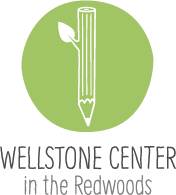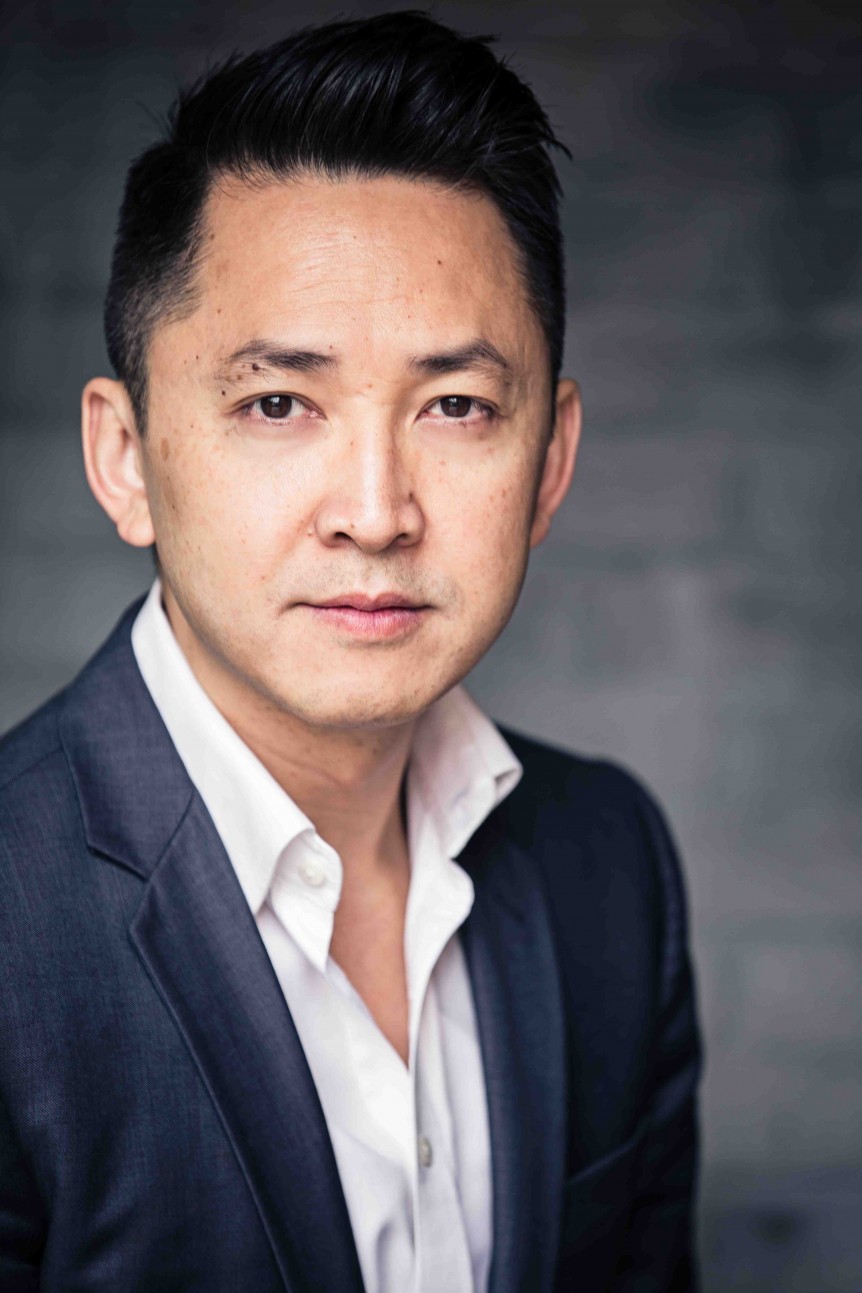When we first reached out to the writer Viet Nguyen in April 2015 and suggested he come to the Wellstone Center in the Redwoods for an Author Talk event, he was an intriguing up-and-comer. His first novel, The Sympathizer, was just being published, soon to garner rapturous reviews and a groundswell of acclaim. Viet kindly agreed to do an event in April 2016. Starting that February, we began this interview via email and were off to a good start – when, shortly before his scheduled Author Talk here, the announcement came that he had won the 2016 Pulitzer Prize for Fiction, a remarkable achievement. We would have understood if Viet was unable to visit us as scheduled, but he did come and we had a delightful event featuring Viet and the novelist Matt Gallagher. We kept waiting for Viet’s pellmell schedule to slow down a little, then came a National Book Award finalist nod – this time in the category of nonfiction – for Nothing Ever Dies: Vietnam and the Memory of War, published in April 2016 by Harvard University Press. Then came his collection of stories, The Refugees, published in February 2017 at a time when discussion of refugees and their role in the United States was being hotly debated, and like some kind of literary decathlete, eager to master different disciplines, he showed that short stories were also a passion of his. Joyce Carol Oates gushed about the new work in the New Yorker and Marion Winik had this to say in Newsday: “As our first major Vietnamese-American writer, Nguyen is a prodigious genius making up for lost time.”
A prodigious genius indeed. Here is the start of the interview, which we’ll add to later this month.
The Wellstone Center in the Redwoods: What do you recall of your early childhood? You were just four years old when your family left Vietnam in April 1975. Do you have any actual memories of the time before that? Or of the frantic departure? Or of the early days in the U.S.?
Nguyen: I recall almost nothing before April 1975. I was four at that time. I have fragments of memory, dream-like, of things that may or may not have happened. Riding on a motorbike, soldiers bouncing me on their knees, tanks in the street. Real, narrative memory starts in the summer of 1975, in Harrisburg, Pennsylvania. My family was resettled there as refugees. In order to leave the refugee camp at Fort Indiantown Gap, we—and all the refugees—needed sponsors to ensure that we would not be wards of the state. The problem was that no sponsor was willing to take all of us. So my parents went to one sponsor, my ten-year old brother to another, and myself to a third. My separation from my parents was only a few months, but to me, it felt like forever. It felt like abandonment. I don’t think I’ve ever really gotten over it at a deep level. That was the beginning of pain. That was the beginning of memory.
WCR: Ban Me Thuot, where you were born, was in the Central Highlands and had a population of about 65,000 in the late ’60s. Have you been back to visit and if so, does that trigger any very early memories?
Nguyen: I have never visited. I talk about why in the epilogue to my forthcoming book, Nothing Ever Dies: Vietnam and the Memory of War (Harvard University Press, March 2016). Here is what I wrote:
I have never visited my own origin, the town where I was born, because my father has forbidden it. More than once he has said to me, “You can never go back there!” Too many people will remember him and persecute me, or so he believes. I think of what the cartoonist Art Spiegelman said of his father, who survived the Holocaust: “I hadn’t a clue as to how to find the places my father had been telling me he grew up in, and he wasn’t of much help except to tell us not to go at all because they kill Jews there. Using the present tense: ‘They kill Jews there. Don’t go!’ He was afraid for us.” Like Spiegelman’s father, my own must believe in rememories that do not die, those mnemonic menaces that retain their fatal force. And while I have disobeyed my father in many things, I cannot in this one thing. The paternal injunction is too strong, the specter of the unknown past too unsettling. What is it that he remembers of this place, what will he not tell me, what if he is right? This absence as a forbidding presence is the opposite of memory. Perhaps some things will never be remembered, and yet also never forgotten. Perhaps some things will remain unspoken, and yet always heard. Perhaps I will only visit where I was born after my father has passed on. Then it will be too late to see what it is he remembers, the rememory having at last expired. This is the paradox of the past, of trauma, of loss, of war, a true war story where there is no ending but the unknown, no conversation except that which cannot be finished.
WCR: You were born several years after the Tet Offensive of January 1968, but what impact did the fighting have on your family? This is how Paul Wedel of United Press International described what took place in Ban Me Thuout during that offensive: “More than 2,000 Viet Cong guerrillas–some of whom had infiltrated the city with Tet merrymakers–blasted through Ban Me Thuot’s tree-lined streets, leaving what journalist Don Oberdorfer described as ‘a horror of blood, bullets, death and destruction.'”
Nguyen: I have read about what happened to Ban Me Thuot in the spring of 1975. It’s a small town best known for its coffee and for being the first town run over in the final Communist invasion that began in March 1975. It never occurred to me to think about what happened there during the Tet Offensive. I’ve never asked my parents about it. I always knew that they had suffered a great deal because of the long years of war during the American period and before it. They were both in the north in the 1930s and survived a Japanese and French-induced famine that killed a million people. They were young refugees from north to south in 1954, when they and 800,000 other Catholics believed CIA propaganda about a forthcoming anti-Catholic pogrom under Communism and fled. I have heard of a story of a thief robbing their Ban Me Thuot store armed with a hand grenade. So perhaps I didn’t feel the need to ask more questions about hard times.
WCR: Classic Vietnamese tradition includes a kind of sung poetry. Were you exposed to this in your youth and did it make an early impression on you?
Nguyen: Yes. There are different versions of sung poetry, from the classical northern kind to the more modern southern kind. I’m not sure what I heard growing up. It all sounded awful and boring to me. I preferred western rock and pop music, and so did most of the Vietnamese people I knew of my age and a couple of decades older. You would only hear the traditional music at home if your parents listened to it (as mine sometimes did) or at traditional celebrations. Otherwise Vietnamese refugees and Vietnamese Americans were listening to American and European bands, or performing their own westernized pop music.
Archive
The WCR Interview No. 1 – Madison Smartt Bell – July 2015
The WCR Interview No. 2 – Ruth Galm – September 2015
The WCR Interview No. 3 – Deborah Treisman – January 2016
The WCR Interview No. 4 – Matt Gallagher – February 2016


